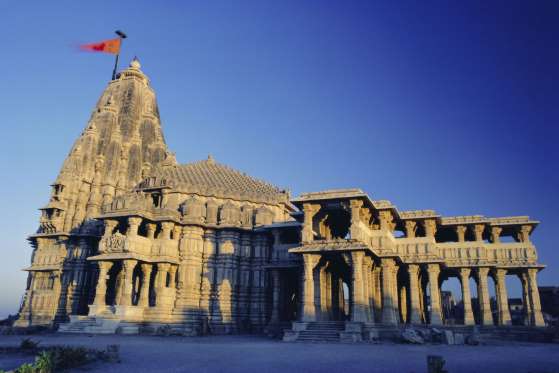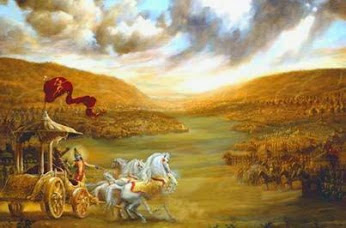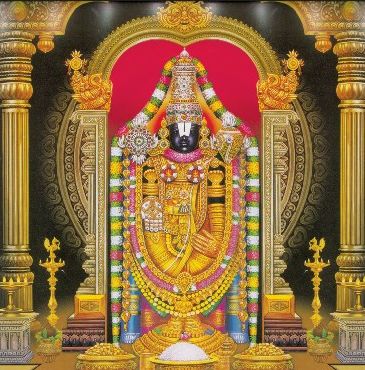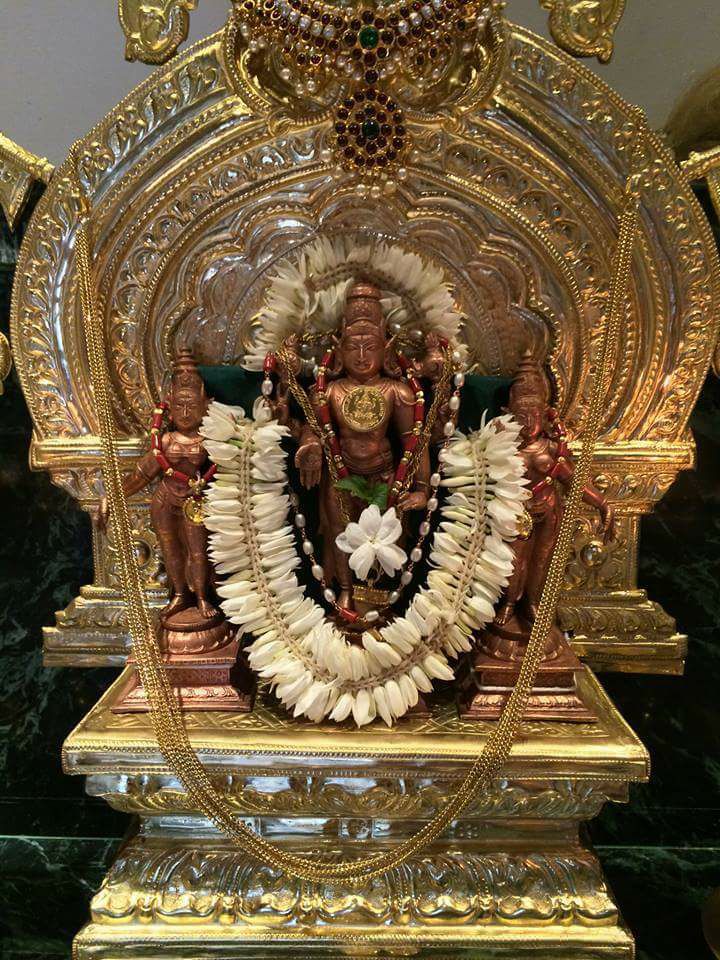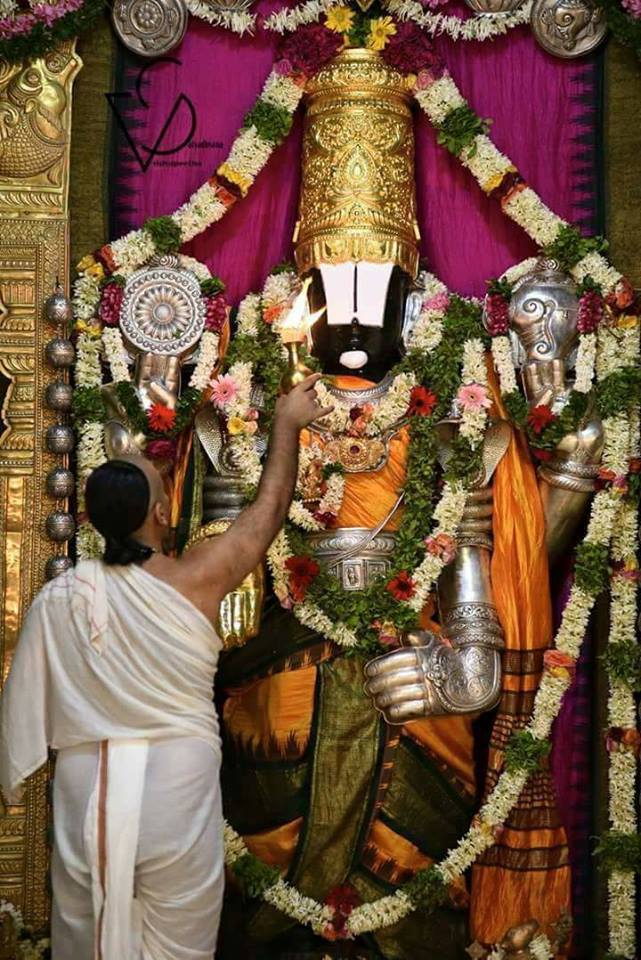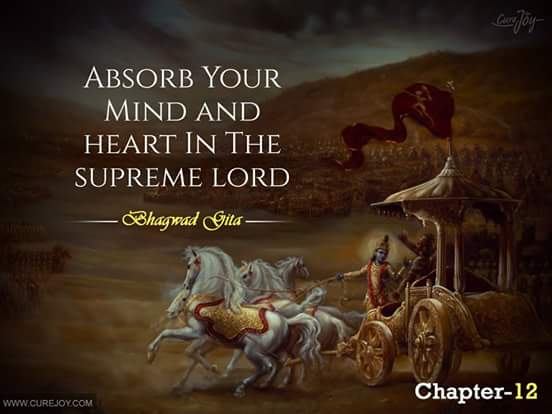Gita : Ch-13, Slo-14, Discussion-5.

27/12/2017 Chapter-13. ( Kshetra-kshetrajna-vibhaga-yogam ) Slokam- 14. ---------------------------------------------------------- sarvatah panipadam tat sarvatokshisiromukham, sarvatah srutimalloke sarvamavrtya tishtati. ---------------------------------------------------------- Word by meaning:- sarvatah pani-padam = hands and legs everywhere; sarvatah akshi-sirah-mukham = and eyes, heads, faces ( mouths), everywhere; sarvatah srutimat tat = ears everywhere, withh all these ( as mentioned above two lines ), the 'Brahmam'; loke sarvam avrtya = covering everywhere in the world ( spread in all things, all over the world ); tishtati = exists. ------------------------------------------------------------------------------------------------------------------- SUM :-(Everywhere are His hands and legs, His eyes and faces, and He hears everything. In this way the Paramatma exists.) -----------------







